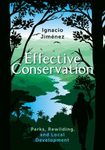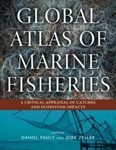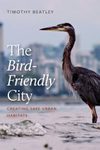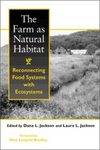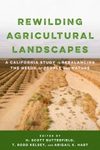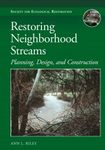![Chasing the Red Queen Chasing the Red Queen]()
Click to have a closer look
About this book
Contents
Customer reviews
Biography
Related titles
About this book
Chasing the Red Queen presents key concepts for students to understand chemical resistance in agriculture and apply that knowledge to achieving global food security. In the race to feed the world's seven billion people, we are at a standstill. Over the past century, we have developed increasingly potent and sophisticated pesticides, yet in 2014, the average percentage of U.S. crops lost to agricultural pests was no less than in 1944. To use a metaphor the field of evolutionary biology borrowed from Alice in Wonderland, farmers must run ever faster to stay in the same place, i.e., produce the same yields.
With Chasing the Red Queen, Andy Dyer offers the first book to apply the Red Queen Hypothesis to agriculture. Dyer examines one of the world's most pressing problems as a biological case study. He presents key concepts, from Darwin's principles of natural selection to genetic variation and adaptive phenotypes. Understanding the fundamentals of ecology and biology is the first step to "playing the Red Queen," and escaping her unwinnable race. Chasing the Red Queen's novel frame will help students, researchers, and policy-makers alike apply that knowledge to the critical task of achieving food security.
Contents
Preface
PART I. Introducing the Red Queen
Chapter 1. The Never-ending Race: Adaptation and Environmental Stress
- All the genetics you'll need
- The scale of evolution
Chapter 2. The Evolution of Farming: Scaling Up Productivity
- Patches, pests, and time lags
Chapter 3. Survival of the Fittest: Darwin's Principles
-Exponential growth
PART II. Ignoring the Red Queen
Chapter 4. Reductionist Farming: Losing Ecosystem Services
-Secondary compounds and crop plants
Chapter 5. A Weed by Any Other Name: Monocultures and Wild Species
-Adaptations, plasticity, and mutations
Chapter 6. Running Faster: Insecticide and Herbicide Resistance
PART III. Trying to Beat the Red Queen
Chapter 7. Exercises in Futility: Cases of Resistance
- Hidden mutations for resistance
Chapter 8. King Cotton vs. The Red Queen
-Trophic cascades
-Cotton varieties
Chapter 9. The Cornucopia of Maize vs. the Red Queen
-Who is the enemy?
-Corn varieties
Chapter 10. The Red Queen Trumps Technology: The Failures of Biotech
-Getting ready for the Roundup
-Advanced genetic issues
PART IV. Playing the Red Queen
Chapter 11. Understanding the Chase to Escape the Cycle
Chapter 12. Slowing the Response by Slowing the Attack
-How gene flow influences pesticide resistance
Chapter 13. Ecosystem Farming: Letting Nature Do the Work
-Jack of all trades or master of one?
-Living soil
Chapter 14. Integrated Systems and Long-term Stability
Epilogue
Customer Reviews
Biography
Andy Dyer is Professor of Biology at the University of South Carolina, Aiken. He is the author or co-author of thirty journal articles and book chapters in plant ecology. Dr. Dyer's research interests are in population and community ecology, invasive species ecology, and habitat restoration. His current research focuses on population biology of invasive grasses, including competitive ability and germination traits.























